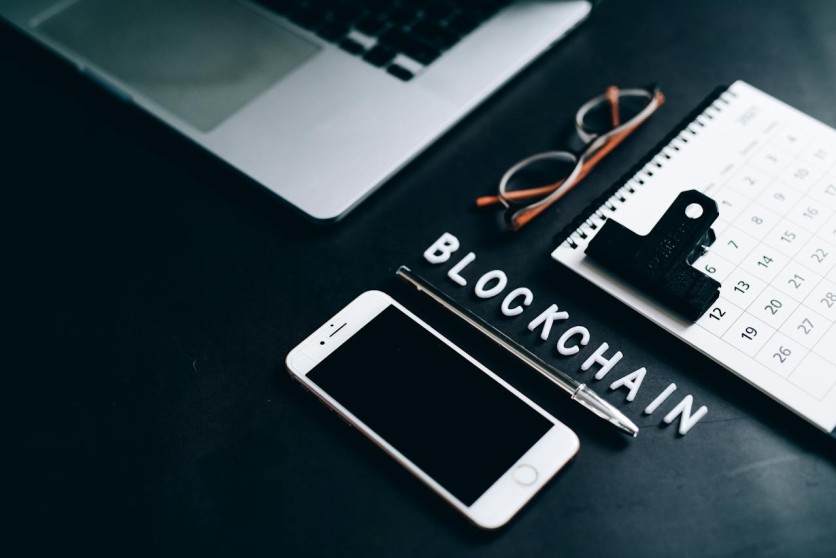
In an increasingly connected world thriving amidst a digital infrastructure, the risk of data breaches and cyber-attacks still looms large. This concern is amplified in the realm of cryptocurrencies, where transactions are digital, and large sums of money can be moved across borders in the blink of an eye. A single breach can lead to a loss of confidential information and, in some cases, significant financial assets.
In the midst of these challenges, Gold Plus Coin (or "GPC") has recently emerged as a prime example of uncompromising commitment to data privacy and security. Established by David Roy Newby, a veteran in both cryptocurrency and traditional gold investment, Gold Plus Coin combines the reliability and safety of gold with the innovative potential of blockchain technology, providing secure, transparent, and sustainable investment opportunities.
By tokenizing in-ground gold assets, this company offers investors from all walks of life the opportunity to own gold digitally, thus mitigating the environmental and logistical strain associated with the mining of this precious metal.
Beyond its groundbreaking approach to gold investment, what sets Gold Plus Coin apart is its dedication to data privacy. In an industry where regulatory compliance is at times seen as an afterthought, Gold Plus Coin places it at the forefront of its operations.
Staying ahead of the curve, the company ensures compliance with stringent data protection regulations, such as the General Data Protection Regulation (GDPR) in Europe and the California Consumer Privacy Act (CCPA) in the United States.
Yet, these efforts extend beyond compliance. Data privacy is integrated into the very fabric of the company's business model. From the moment a GPC user signs up, their data is securely stored, while the integrity and transparency typically associated with blockchain are seamlessly maintained.
"Trust is the cornerstone of any financial transaction. That's why we've gone above and beyond to ensure our platform is not only compliant with international data protection regulations but also built with the highest standards of data security in mind," says Newby. "By securing our token infrastructure to the highest standards, we're helping secure GPC token users' future."
That said, there is another distinguishing aspect of GPC tokens. Unlike most stablecoins, which are tied to the volatile price of a nation's official currency, every single Gold Plus Coin token is backed by tangible, verifiable gold.
Newby explains that each token represents ownership of a specific quantity of physical gold, precisely measured to the highest standards globally and continuously monitored, offering unmatched stability and security for GPC token holders.
"Our mission can be described in quite a simple way. The aim is to combine the safety and stability of gold to preserve people's purchasing power while reducing the challenges associated with owning and storing gold in its physical form," he adds.
Thanks to GPC's leadership team's knack for innovation, Gold Plus Coin not only aims to revolutionize the way gold assets are handled; GPC also aims to set new standards in data privacy and sustainable business practices in the tokenomics industry as a whole.
Newby shares that "Gold Plus Coin also endeavors to offer a way for resource-rich but monetarily poorer countries to monetize their gold reserves and, in doing so, provide greater liquidity to their economies in a stable, sustainable way."
Looking ahead, Newby is optimistic about the future of blockchain. Interestingly, though, he believes that the key to the cryptocurrency industry unlocking its peak potential lies in its ability to integrate with real-world value commodities, beginning with precious metals.
Newby clarifies, "Between gold, oil, and natural gas alone, there are between $470 Trillion and $600 Trillion of proven in-ground reserves, with more being discovered yearly as technology improves. Tokenizing just 1% of these reserves, starting with gold, can potentially double global wealth for all—central banks, governments, commodities owners, and individual investors."
Instead of simply focusing on how well a token can be marketed, Newby calls for an infrastructure that marries the tokenization process with real-world assets—a feat that could free up liquidity and potentially stabilize the wealth of individuals, industries, and national economies.
As he says, "Tokenization is more than just a technological innovation. It's a tool for economic empowerment, allowing us to tap into the latent value of assets like never before."
ⓒ 2025 TECHTIMES.com All rights reserved. Do not reproduce without permission.





